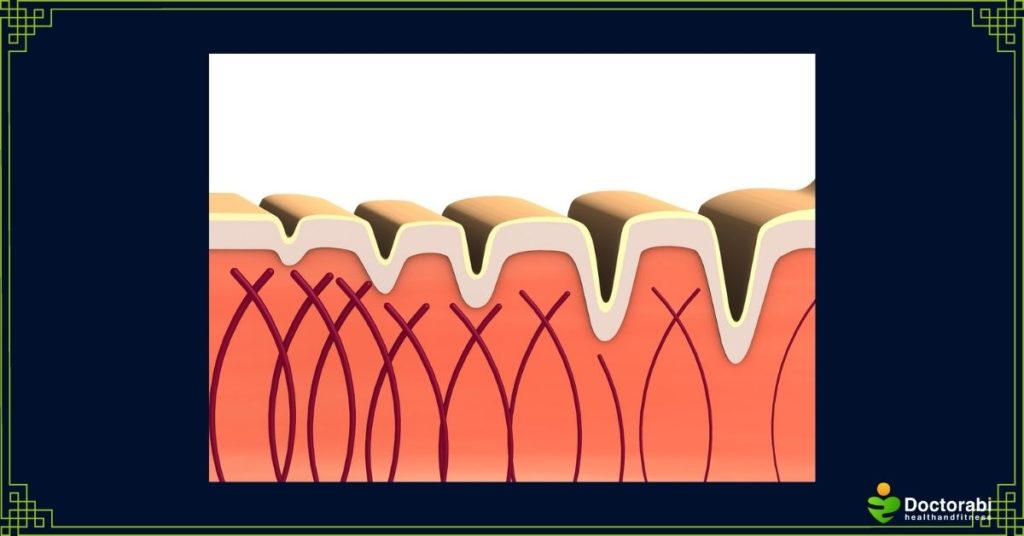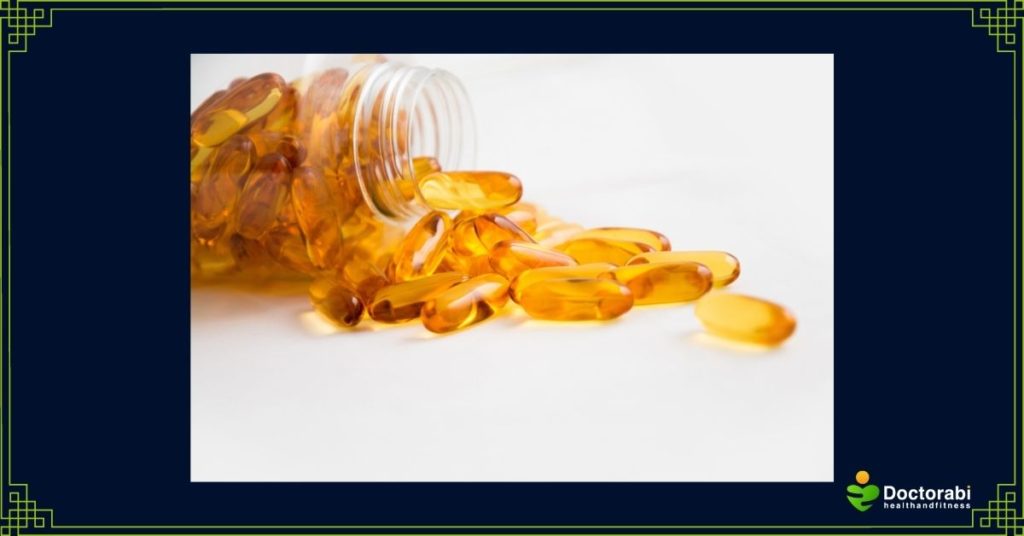If you are a woman, especially in your forties or older, you may have tried oral collagen supplements or at least wondered about it. As a matter of fact, there are thousands of oral collagen supplements out there, ranging from capsules to powders. Terms like anti-aging, anti-wrinkle, and skin rejuvenation are the order of the day on almost every media. Collagen is touted to increase skin elasticity and hydration, protect the joints, and improve gut health. The question is, do oral collagen supplements work? Or is this another gimmick in the health, beauty, and anti-aging industry?

What is collagen?
Collagen is a type of protein that provides structure to our skin, bones, and other connective tissues in our bodies. Collagen is made up of several different amino acids. The various amino acids combine to produce at least 29 different types of collagen. Collagen accounts for at least 30 percent of the protein in our bodies. We mostly have Types I-III collagen, with Type I accounting for 90 percent of the collagen in the human body.

What happens to our collagen as we age?
Unfortunately, as we age, we produce less collagen. This reduced collagen causes our skin to become less pliable and results in lax and wrinkled skin. After 20, our ability to replenish collagen naturally decreases by about 1% -1.5% per year. So, by age 50, we are producing about 30 to 45 percent less collagen than we were in our twenties!

What can we do to reduce collagen loss?
Aging and collagen loss, manifested by sagging and wrinkling skin, is an inevitable part of life. However, there are certain things we can do to slow down this process.
1) Eat a balanced diet with enough protein, vitamin C, vitamin D, and zinc. In addition, eat an adequate amount of fruit and vegetables.
2) Avoid smoking. Smoking can reduce your skin elasticity.

3) Avoid excessive alcohol intake.
4) Limit sugar intake.
5) Avoid highly processed foods, like hot dogs, etc.
6) Limit fried foods, like french fries, fried chicken, etc.
7) Avoid excessive sun exposure. Be sure to use a broad-spectrum sunscreen with SPF 30 or higher.
8) Stay physically active. Studies show that there is a rapid increase in collagen production after strenuous exercise like High-Intensity Interval Training (HIIT).
Can you eat your collagen?
You can increase your collagen intake by eating several foods such as bone broth, chicken skin, pork skin, beef, fish, and egg whites.

Additionally, consuming foods rich in vitamin C, such as citrus fruits, broccoli, and bell peppers, can help your body produce more collagen. Other food sources of collagen include berries, avocados, beans, red and yellow vegetables, and leafy greens.
Unfortunately, collagen eaten in foods is not readily absorbed because our bodies break the collagen down into amino acids. Therefore, eating foods high in collagen does not guarantee that your body will produce more collagen.
Is there a case for oral collagen supplements?

Oral collagen supplements have become trendy. Supporters of oral collagen supplements claim that they can help reduce the skin’s aging appearance. Others believe that we can eat foods rich in proteins and amino acids to build collagen naturally, so there is no need for these supplements.
However, as mentioned earlier, eating collagen-rich foods may not increase our collagen levels because our digestive enzymes break down the collagen. On the other hand, the collagen in supplements is already broken down or hydrolyzed. Consequently, our bodies may absorb this hydrolyzed collagen better.
There are several studies on the effects of oral collagen supplements on the skin. A group of researchers reviewed eleven of these studies. They concluded that collagen supplements increase skin elasticity, hydration, and the amount of collagen in the skin, overall, producing younger-looking skin.
Another group of researchers surmised that many of the claims made by makers of oral collagen supplements and social media are unsubstantiated and more research is needed.
What are the other advantages of taking oral collagen supplements?

1) They help prevent bone loss and can aid in preventing and treating osteoporosis.
2) They help relieve joint pain and symptoms of osteoarthritis.
3) Finally, they can help increase muscle mass and prevent the loss of muscle mass that occurs as we age.
Are there side effects to taking oral collagen supplements?
Oral collagen supplements at the recommended dose of less than 30 grams per day appear safe and well tolerated by most people. If you are allergic to some common food sources of collagen, such as shellfish and eggs, it is important to check for these ingredients in the supplements.
Final thoughts

Based on the research, there appears to be a good case for oral collagen supplements. However, there are tons of oral collagen supplements on the market. So, how do you know which one to take? Sadly, the U.S. Food & Drug Administration (FDA) does not monitor oral collagen supplements. Additionally, different manufacturers use different proprietary blends. Lastly, some oral collagen supplements may contain other ingredients like sugar and whey.
So, have I found an oral collagen supplement that “works”? The truth is, I have not tried any for long enough. Studies show that it may take at least 8 to 12 weeks of taking oral collagen supplements daily to see a visible difference. Therefore, like everything else, consistency is key.
In conclusion, after writing this article, I am willing to at least try an oral collagen supplement consistently for a minimum of eight weeks. If you have tried one and can swear by it, feel free to pitch it to me. I promise to share any positive results. Finally, if, like me, you have been on the fence about taking oral collagen supplements, all I can tell you is that the argument for it is greater than the argument against it. So, why not give it a try?
Please, feel free to share this article and leave your comments below.
Yours in health and fitness,
Doctor Abi

